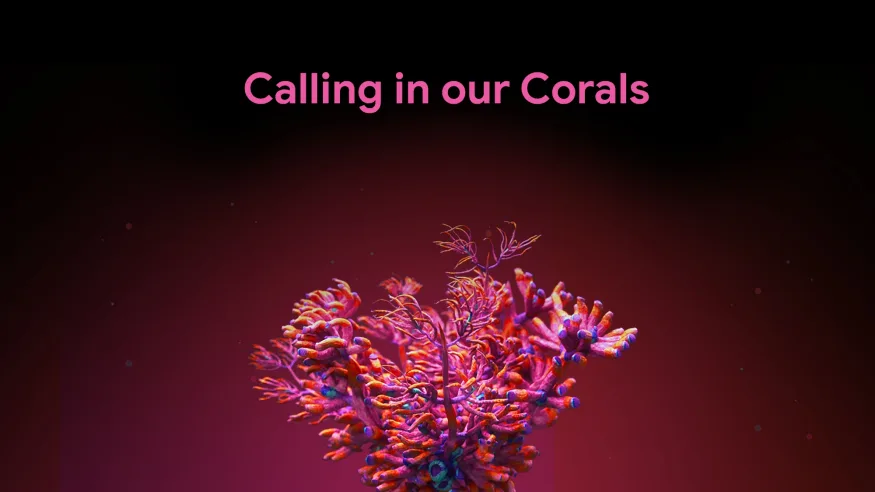Technology and the ease of advancement are boons, but sometimes, it is easy to forget what we’re forgetting in the process. Nature has dwindled over the past few years, with some areas and species reaching endangered status in a matter of decades. Our coral reefs are some of those habitats that have suffered because of human encroachment. Overfishing and destructive fishing practices can kill coral and harm marine life. Pollution from sewage, agricultural runoff, and oil spills can smother or poison coral. Global warming is also a significant threat to coral reefs, as rising temperatures cause coral bleaching, where the coral expels the algae that provide it with nutrients, leading to its death. Additionally, ocean acidification caused by the absorption of carbon dioxide into seawater can weaken the coral’s skeleton and make it more vulnerable to damage. Google, one of the biggest tech giants in the world, has launched an initiative to enable people to contribute three minutes of their time to help save the coral reefs, in quite an interesting manner.

Google’s new project, named Calling in our Corals, is in collaboration with marine biologist Steve Simpson and marine ecologist Mary Shodipo, and it aims to train AI to recognize aquatic wildlife sounds. The goal of the project is to replenish and raise awareness about coral reefs that have been declining at an alarming pace due to climate change, overfishing, and pollution. The public is invited to help by listening to underwater recordings made with an underwater mic and tapping on an onscreen button when they hear fish.
The data collected will help automate the process of monitoring marine wildlife activity and could even help restore damaged habitats. By playing back the sounds of healthy reefs, the researchers hope to attract new fish and other underwater species to conserved reefs or those that have been affected by human industry. The project was made possible with recordings from 10 reefs in countries including Australia, Indonesia, the Philippines, the US, Panama, and Sweden. The creators of the project emphasize that even one three-minute session will contribute to the cause, and the more time spent, the more one can pitch into the effort.
RELATED:
- Google’s Phenaki: A New AI Video Generator That Could Revolutionize the Industry
- Google Pixel Tablet may be Launched with a Dock in the Box
- Best Smart Lights in 2023 – Philips, TP-Link, Govee & More
(Source)







